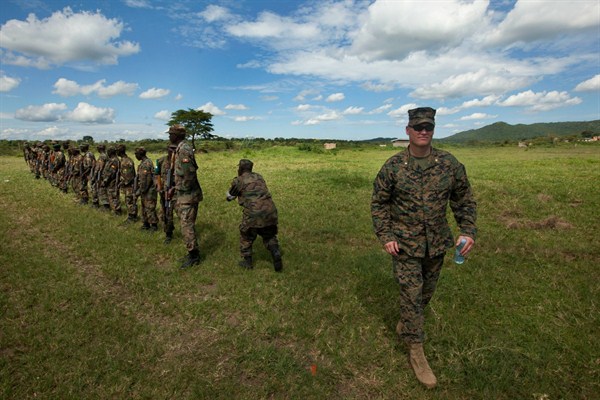The United States has always been a reluctant superpower. While most political leaders and observers have believed that promoting security around the world benefits the United States, the public has to be sold on the idea of global activism. Among other things, this makes it important to control the costs of involvement in distant places without direct ties to the United States, particularly U.S. military casualties.
This has been done in two ways: by relying on security partners to bear the brunt of deterring and fighting adversaries, and by sustaining an advanced U.S. military to overmatch enemies when it does fight. Following the 1991 Gulf War with Iraq, for instance, the U.S. military pursued a high-tech “revolution in military affairs” designed to augment its battlefield superiority. But after 9/11, it was no longer enough to have an advantage on conventional battlefields. As transnational networks of terrorists and insurgents became America’s primary enemies, the challenge was finding a way to deal with this very different threat while continuing to limit the strategic costs, particularly to American lives.
President George W. Bush opted for a big-ticket approach to the new threat based on invading and attempting to transform nations that supported extremists. Whether that would have ultimately defeated terrorism or not, it was unaffordable and politically unpalatable. The United States could not invade every nation where terrorists found sanctuary or sustain interventions for the decades needed to truly transform those places.

